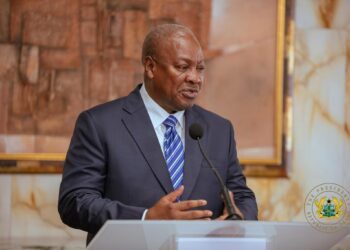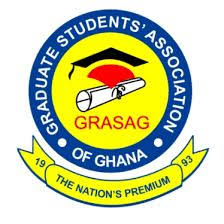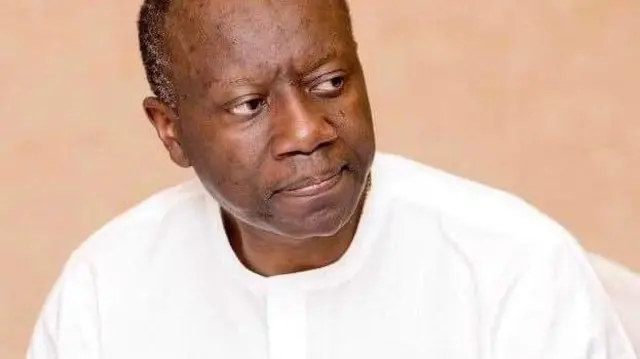The Executive Director of the Media Foundation for West Africa (MFWA), Sulemana Braimah, has called attention to Ghana’s continued leniency in addressing election-related crimes.
According to Mr. Braimah, the nation’s failure to ensure accountability for these crimes undermines its democratic processes, perpetuates instability during elections, and fosters an environment where political actors and officials can act without consequence.
Speaking on the challenges plaguing Ghana’s electoral system, Mr. Braimah emphasized that one of the primary reasons for the ongoing issues is the selective and inconsistent application of laws.
“For purposes of smooth processes, that’s why we have laws. Laws are made and meant to be followed.
“So, when you have a situation where people, at some point decide to interpret the law in a way that suits their interest and not as the law should be, we’re bound to have some of the challenges.”
Sulemana Braimah, Executive Director of the Media Foundation for West Africa (MFWA)
According to Mr. Braimah, Ghana’s electoral framework, particularly the Constitutional Instruments (C.I.), has remained largely unchanged for many years. However, the failure to consistently enforce these legal instruments has led to an environment of uncertainty, manipulation, and abuse.
He stressed that this lack of enforcement allows political actors to exploit loopholes, knowing that there is minimal risk of legal repercussions.
“The failure to ensure that laws are upheld across the board has created a situation where individuals can commit election-related crimes without fear,” he pointed out. This failure to act has deepened concerns about the transparency and credibility of Ghana’s electoral processes, especially in instances involving violence, vote-rigging, or misconduct.
“We remember what happened in Techiman. People lost their lives. As we speak, who has been punished for it?
“And if care is not taken, what we are witnessing now—if things continue the way we have always had—it means that no one is going to get punished.”
Sulemana Braimah, Executive Director of the Media Foundation for West Africa (MFWA)
Mr. Braimah pointed out to a systemic failure to prioritize justice following election-related violence. This absence of accountability has the effect of emboldening political parties and other actors to engage in unlawful behavior, knowing that the risk of legal consequence is slim.
He further criticized the tolerance of impunity among political party actors and some EC officials, noting that such tolerance only contributes to the problem. He lamented that individuals often act with impunity, and that their actions go unchecked.
“I don’t remember the last time when after elections we are told somebody has been prosecuted and jailed this number of years because the person was involved in this offence in relation to the election or otherwise,” he emphasized.
Perception of Bias and Trust Deficit in the Electoral Process

Another issue raised by Mr. Braimah relates to the perception of bias within the electoral system, particularly among the recruitment of EC officials.
“At the polling stations and at the constituency levels, the people who are often recruited as election officials are people who are known in the communities where they work.
“And within the communities, people know the affiliation of these people, and so while they preside or they serve as election officials on the day of elections, there are already suspicions.”
Sulemana Braimah, Executive Director of the Media Foundation for West Africa (MFWA)
This mistrust further undermines confidence in the electoral system and adds to the challenges of conducting free, fair, and credible elections. Mr. Braimah warned that these suspicions often create additional scrutiny and conflict, with voters and party agents questioning the impartiality of processes.
Beyond the systemic issues, Mr. Braimah also highlighted the risk of recklessness during the electoral process. He criticized instances of political party agents interfering with the role of presiding officers and attempting to dictate the outcome of the process.
“I don’t think it is the business of any political party activist or any political party agent to direct a presiding officer on how elections must be declared and how the processes should be done,” Mr. Braimah asserted. Such behavior, he warned, risks compromising the integrity of the elections.
To address these challenges, Mr. Braimah stressed the need for strict adherence to the legal frameworks governing Ghana’s electoral system. He called on the Electoral Commission to take proactive steps to ensure that processes are followed consistently and without exception.
“A lot of rules are bent, a lot of processes are overridden, and as a result, the confusion can be unbearable,” he warned. He also urged the EC to act as an impartial arbiter in ensuring that all stakeholders comply with established electoral laws.
The situation as described by Mr. Braimah signals a clear need for both institutional reform and cultural change. The MFWA Executive Director’s statement serves as a wake-up call for Ghana’s policymakers, the Electoral Commission, and all other stakeholders to address these systemic issues in order to strengthen the country’s democracy and restore public trust.





















